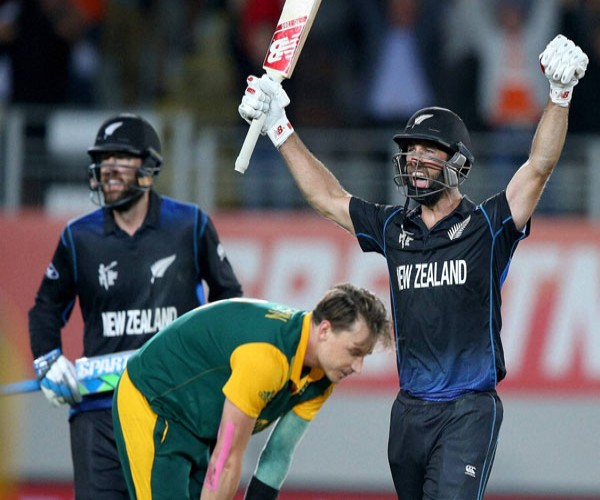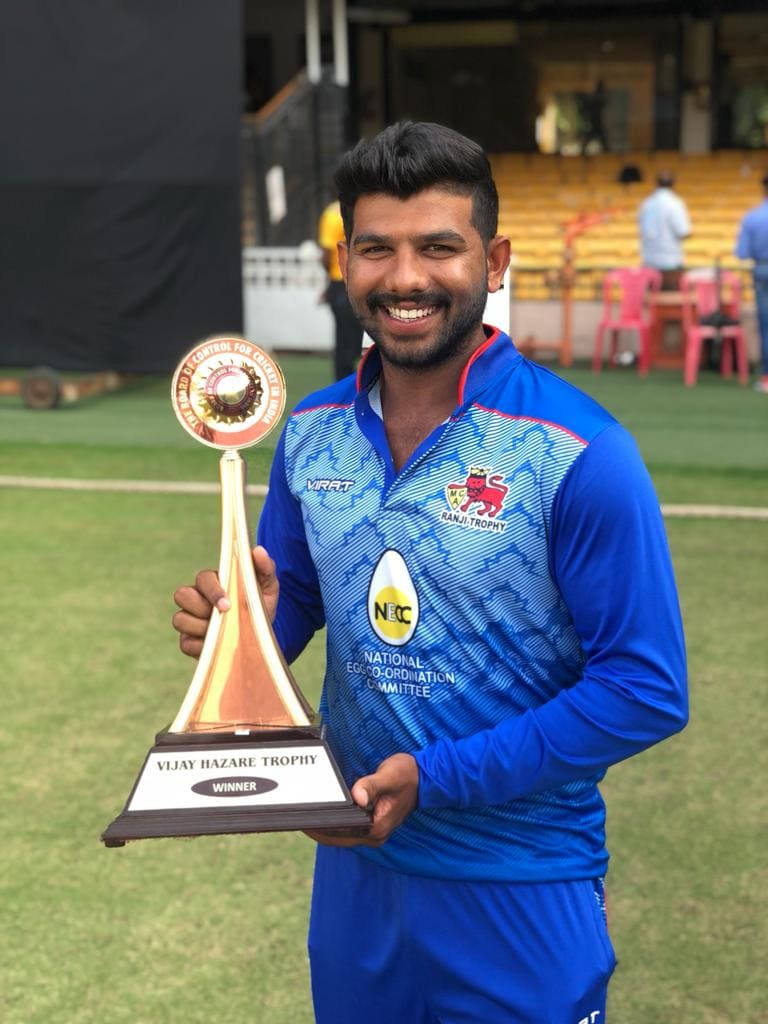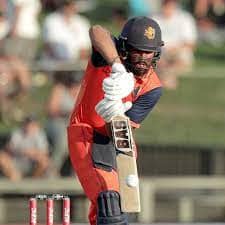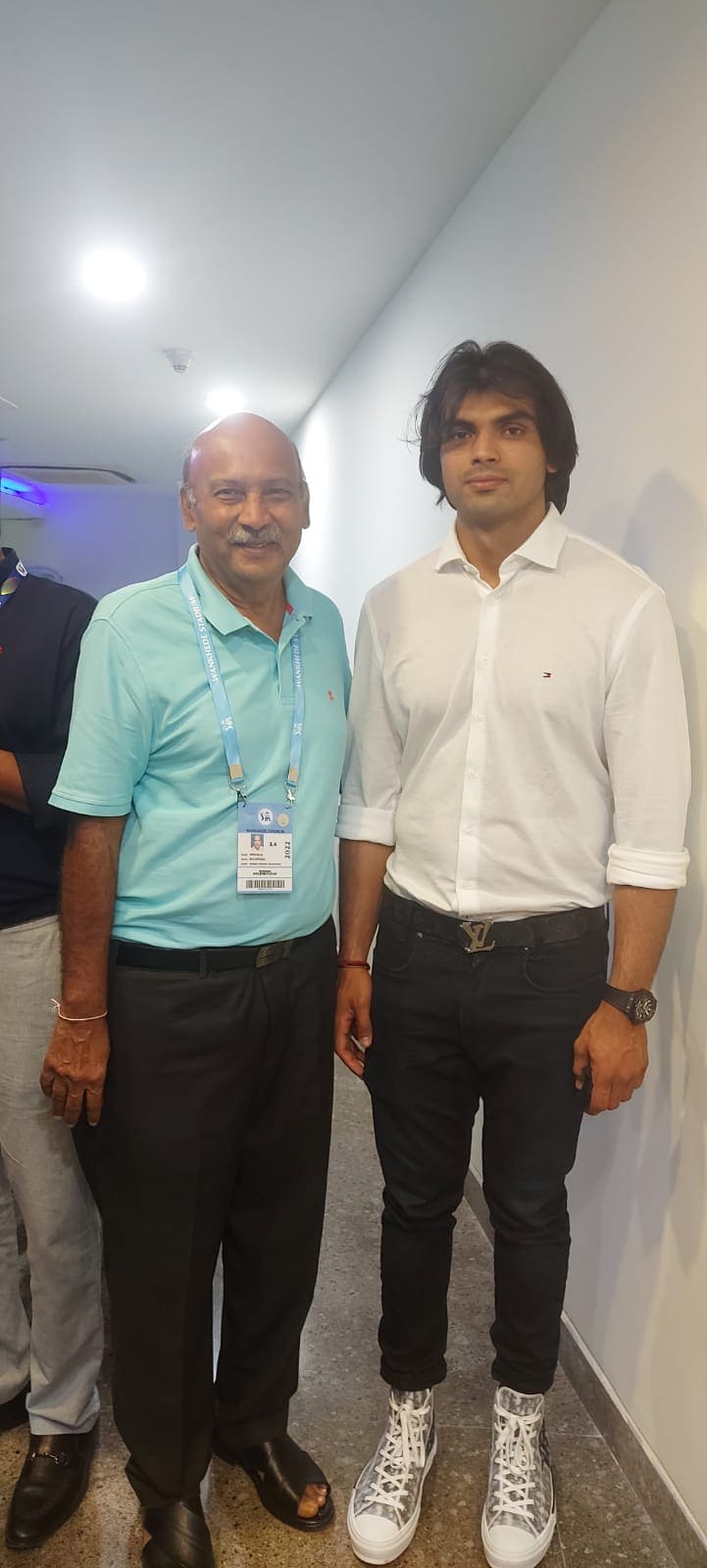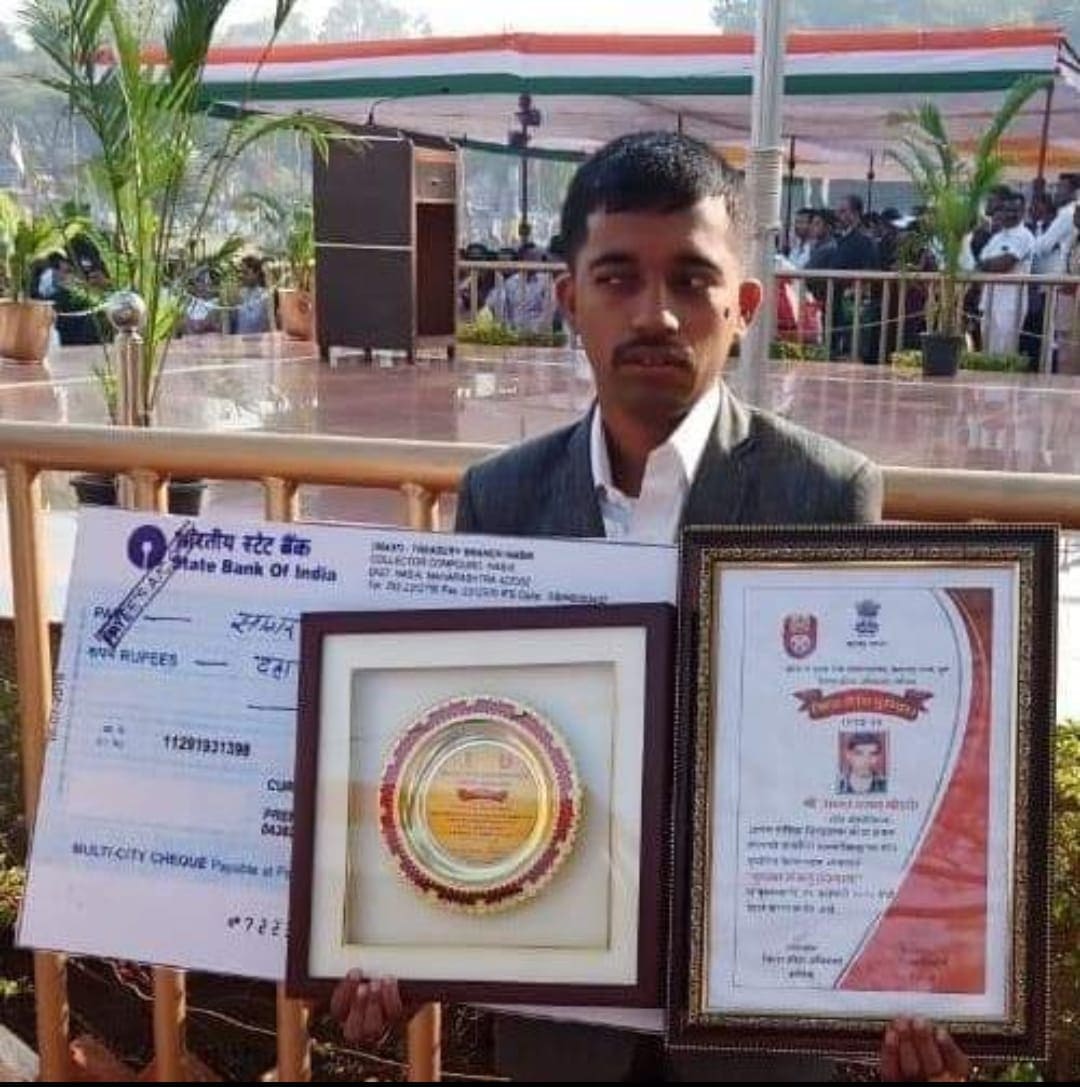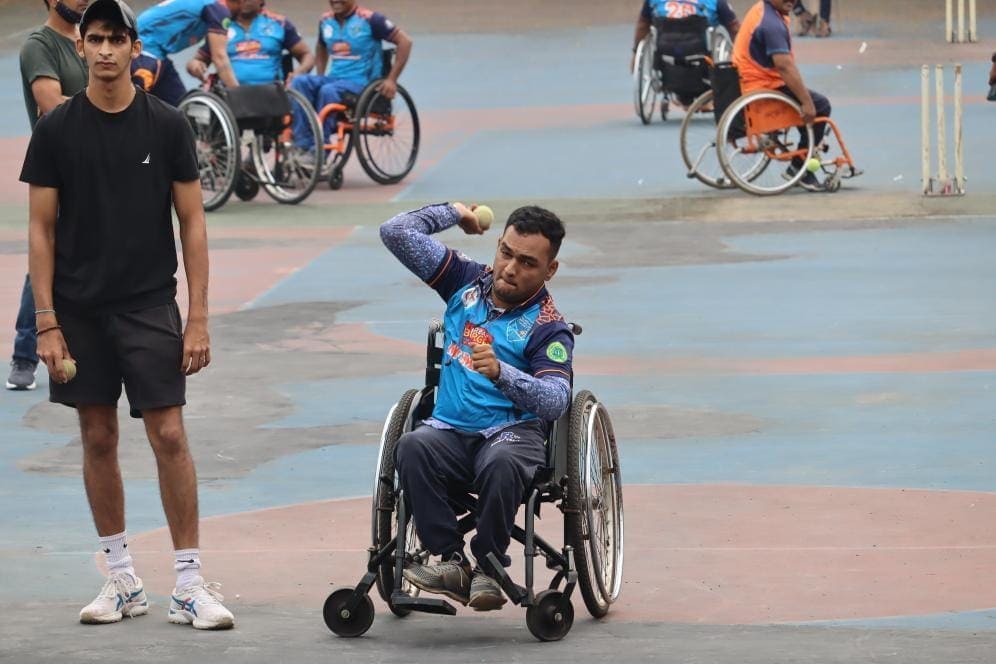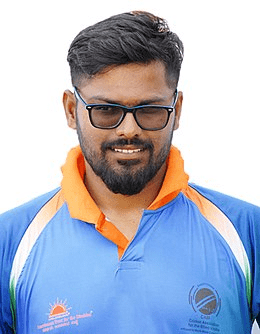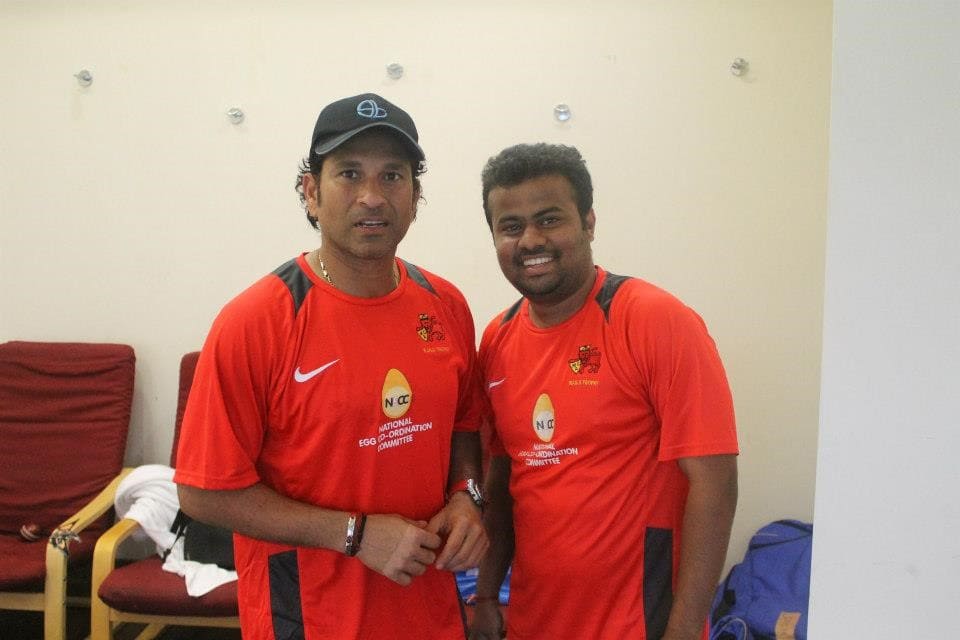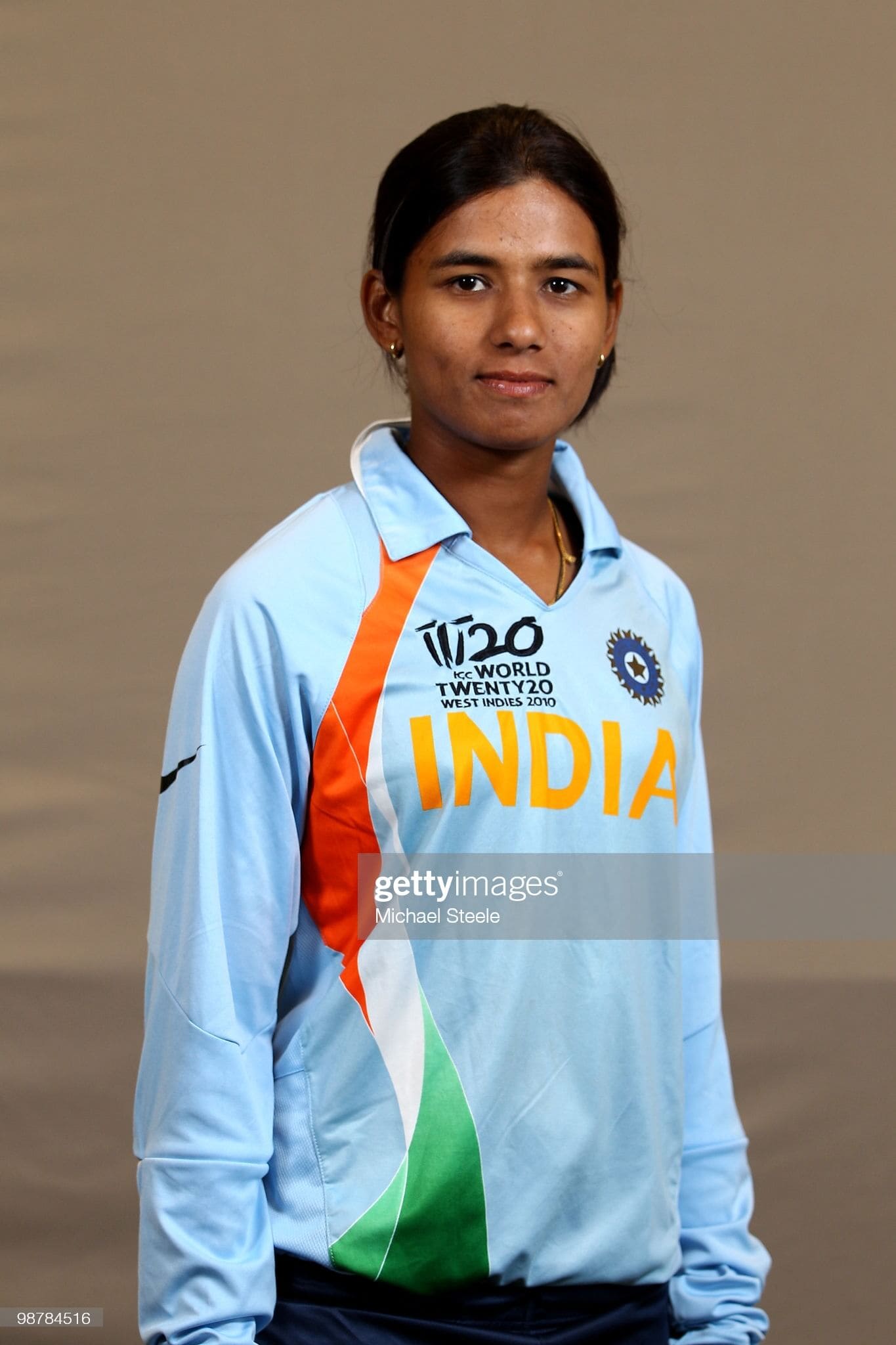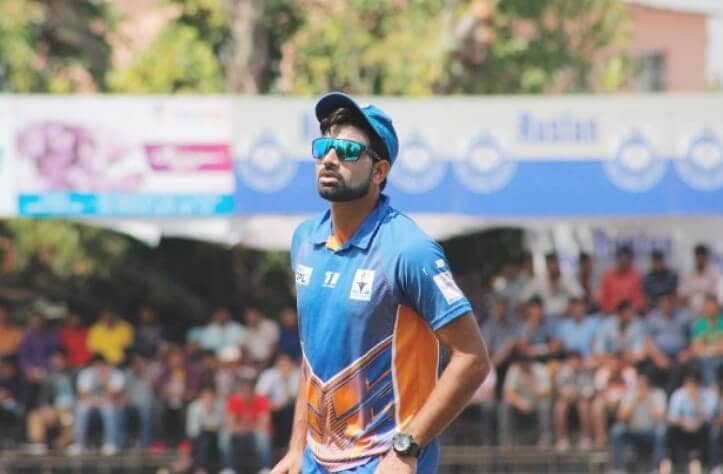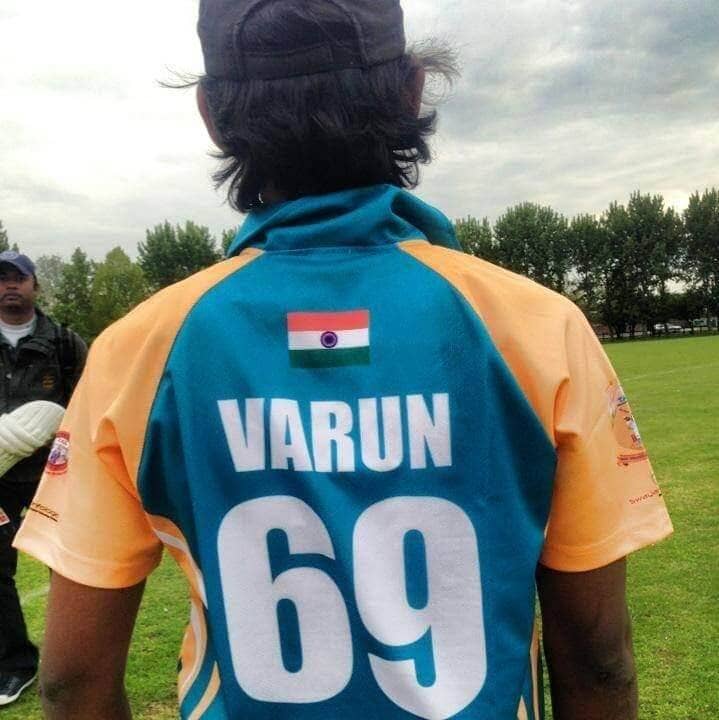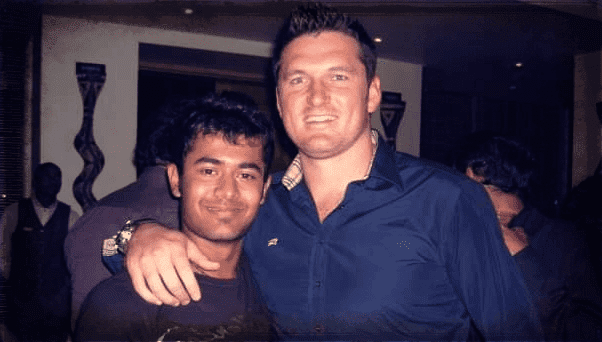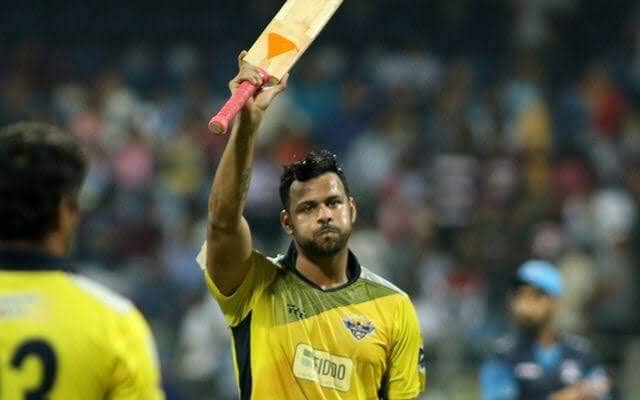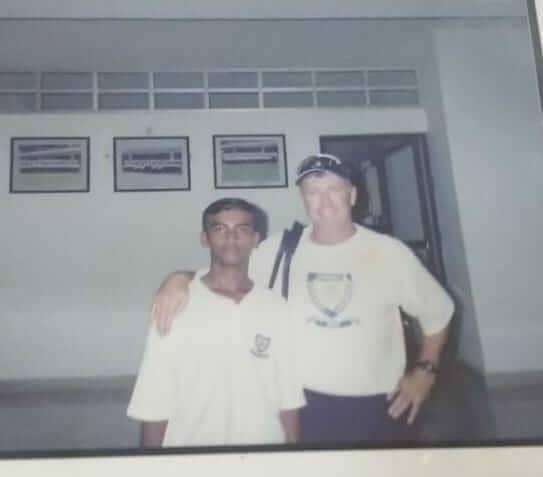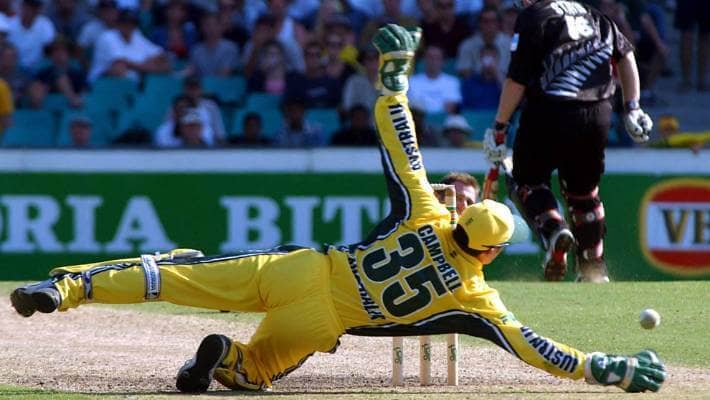
In this era of non-stop cricket, not many would remember Ryan John Campbell who was once considered as the backup of Adam Gilchrist in the mighty Australian side of the early 2000s.
Ryan Campbell was a wicketkeeper batsman who played 2 ODIs for Australia in 2002 and 3 T20Is for Hong Kong which came during the T20 World Cup in India in 2016. He also represented Western Australia in the Australian domestic circuit.
Campbell made his debut for Australia in place of Adam Gilchrist on 17 January 2002 against New Zealand at the Sydney Cricket Ground. The Australian XI in his debut game was as follows:
Mark Waugh, Ryan Campbell (WK), Ricky Ponting, Michael Bevan, Steve Waugh ©, Damien Martyn, Ian Harvey, Shane Warne, Brett Lee, Jason Gillespie, Glenn McGrath
Imagine playing for a side like that folks !
Though, he got to play just one more ODI post that, which came against Sri Lanka on 22 December 2002 in the WACA at the Perth, playing for such a legendary Australian side which was considered as invincible is something that any player of today’s generation would want to and he could have played a lot many games if he were born in a different era.
After being out of the side for sometime, he plied his trade to Hong Kong where he had coaching stints and in a miraculous turn of events ended up playing 3 T20I games for Hong Kong in the T20 World Cup held on the Indian soil in 2016.
He has been serving as the head coach for Netherlands since April 2017 and has had a really good run with the Dutch side as a coach.
He has helped associate and affiliate cricket grow by leaps and bounds as he helped in developing the sport of cricket in relatively two countries who are not related much with cricket in the form of Hong Kong and Netherlands.
The Bouncer Avenue Team were fortunate enough to get Ryan Campbell Sir for an interview despite his hectic international schedule.
The excerpts of the interview are published below:
Rahul: We, Bouncer Avenue, congratulate you for your recent success for the series win against Ireland. The Dutch side had a fantastic entry in the Super League Points Table pretty recently when they beat Ireland by 2-1 in the very first series that they played in the Super League. How happy are you with the performances of the guys you coached and what were the improvements in particular as compared to the series against Scotland that ended up being 1-1 ? Also, how's the feeling in the side after this series win and what were the celebrations that happened ?
Ryan: Obviously we were ecstatic to take the 20 points from this series which was against a team that have had plenty of experience in terms of playing against the best teams in the world, including defeating England. I think the improvements came owing to an even better performance from our bowling staff. County players, Fred Klaassen and Timm VD Gugten had outstanding series along with Logan van Beek. I believe we also won the key moments in the matches when the game was on the line.
This achievement has provided the squad with a great confidence boost and belief that we can compete in this League. The lads enjoyed a couple of beers together and chatted about the win but nothing too major as we all had to return home after the series.

Courtesy - Cricketaddictor
Rahul: State the way in which you plan to proceed with the Dutch side in order to achieve direct qualification to the 2023 World Cup via the Super League Points Tally and how hard are your boys working on it?
Ryan: Every match we play in this competition is massive for us and we will be fighting hard whenever we play. Direct qualification isn’t our priority at the moment but a top 10 finish is. If we can work towards this goal, it would give us the opportunity to play in the next Super League competition, hence guaranteeing Dutch cricket a 6 year window to develop the game.
Rahul: You have been the Head Coach of Netherlands Cricket Team for a good amount of time now. What do you think are the weak points and the way you plan to overcome those weak points in Netherlands's cricketing structure so that we get more quality players from Netherlands?
Ryan: Our weakness when I took over was our lack of depth, which is something that we have worked extremely hard on. To make this happen, I have given as many opportunities that I can to our next generation of players. Guys like Max O’Dowd, Tobias Visee, Bas de Leede, Philippe Boissevain, and many more have all been given more opportunities at the highest level and have started to flourish. A lot more of high-quality cricket is needed for further improvement.
Rahul: Give some insights in brief regarding your coaching methods and tactics.
Ryan: I make no secrets about how I coach. I am very much a guy that backs his players. I also believe that players must develop their basic games to succeed, for when players are put under the most pressure in a match, these basics are what they need to fall back on. I am also very big on making sure that the players know their exact role in the team.
Rahul: For a side like Netherlands, who sometimes don't get to play cricket regularly with many of their players doing various other jobs as their primary source of living, how hard is it to gel up as a unit to face the obstacles of international cricket as compared to other top-notch sides who have players reserved to only playing cricket?
Ryan: It is extremely tough when we are a semi-professional team playing in a professional world. For instance, Saqib Zulfiqar couldn’t play in our second match against Scotland as it was rescheduled to Thursday in place of originally scheduled Friday. His employer wouldn’t give him the day off which made us suffer.
Yes, its really tough and extremely frustrating at times but we try not to let it affect us. My assistant James Hilditch and I try to be available at all hours so that the players that work can meet up with us for extra training. Succeeding in the Super League will hopefully help us get more sponsors and the money can be put back into our High Performance Program to help us become more professional.
Rahul: How happy are the Dutch side by the introduction of the Men's ODI World Cup Super League by ICC which gives each side an opportunity to play against 8 different sides with 4 series being at home and 4 away from home as it gives the Dutch side an opportunity to play with better quality of opponents in conditions they are not much experienced in?
Ryan: When the Super League was first announced, we knew that it would give one associate team the greatest opportunity. In the past, our schedules have always been up in the air with no real way to experience lots of quality cricket. This is exactly what the Super League provides us.
Rahul: With two major ICC events in T20 World Cup lined up in 2021 and 2022 being round the corner, what are your plans and expectations with the Dutch side and who are the players to watch out for in your side according to you?
Ryan: We are really excited about the T20 World Cups. Our first goal is to make it into the final 12 for this year’s event, hence earning direct passage into the 2022 World Cup. I think if we can do that, we can then play with great freedom and I have no doubt we can take down some of the big sides.
Colin Ackerman is one guy who I expect to do really well in this competition along with Logan van Beek. These guys are at the peak of their powers and should do well. I also expect our legend Ryan ten Doeschate to show the world why he is the greatest Associate player of all time.
Rahul: Supposing you remain the Head Coach of Netherlands for an entire decade from now on, what are the milestones that you wish to achieve with the Dutch side?
Ryan: The greatest achievement that I could see happening for the Netherlands would be to receive full status membership with the ICC. This would mean that the future of Dutch Cricket would be secured.
Rahul: How was the feeling of being a part of the dressing room and playing in the legendary Australian side that was full of legends and was considered as a virtually invincible side by the cricketing fraternity?
Ryan: I was so lucky to play in a time when Australian cricket was at its peak. Having these legends as my team mates and adversaries was an amazing feeling. These guys worked harder than anyone else and played the game in the right manner. It was a really special time and will always stay with me.
Rahul: How was the aura around players like Steve Waugh and Ricky Ponting and how were the two former Aussie captains different from each other in their methods?
Ryan: Like all great players, they definitely brought something special to the table yet they always wanted to be treated like any other player. The biggest difference in their leadership styles was that Steve didn’t speak a lot, he led with his actions. Ricky was a lot more of a people manager and was more vocal around the group.
Rahul: Give insights regarding the kind of person Glenn McGrath was and in what way and how hard did he used to prepare himself for the toughest of challenges like bowling to the best batsman of the opponents side?
Ryan: Glenn was always destined for stardom. He worked extremely hard from a vvery young age to get his game to such a high level. He believed in his ability and he wanted to be the best fast bowler in the world and to do that he believed that he needed to dismiss the best batsmen in the world on a consistent basis.
Rahul: How was that Australian side's strategies different from its contemporary sides? Was there any difference in the way they practiced to prepare themselves for the game?
Ryan: I honestly don’t think the teams prepare any differently, in fact the current side probably prepares better with the aid of technology and a lot more support staff. The facts are that the side back then had 4 of the greatest players to ever play the game (Shane Warne, Adam Gilchrist, Glenn McGrath & Steven Waugh)…throw in around guys like Jason Gillespie, Brett Lee, Matthew Hayden & Justin Langer and you start to figure out why they were so great..
Rahul: Who were you closest to in the then Australian side that you played for and why were you closest to him/them in particular?
Ryan: I was really close to Adam Gilchrist, Mike Hussey and Simon Katich. These guys were my Western Australia team mates and I loved playing with them. Not only were they great cricketers but they were great people and I am lucky to be able to call them my friends.
Rahul: Why did you think of moving from Australia to Hong Kong and how did the move happen? Describe your experiences with the Hong Kong Cricket Team whom you represented as a player during the 2016 T20 World Cup which was held in India?
Ryan: I was extremely busy working in Oz (Australia) but then out of the blue I was offered a really good job with the Kowloon Cricket Club as well as being involved in the Hong Kong national team set up as a batting coach. I was 40 and single and felt that it would be a great life experience. It turned out to be the best decision of my life. Playing for the team was great fun but to be honest I didn’t really want to play. I felt I was too old and that I would bring unwanted attention to the team. In saying that, it was a great experience and I felt I helped the side with my experience.
Rahul: Describe in brief your experiences with Hong Kong Cricket in terms of your coaching stints there when you contributed to the development of cricket in Hong Kong before you made your debut for them.
Ryan: I am extremely proud of my coaching time in HK (Hong Kong). Kowloon was transformed into the best club in the country where we dominated all the competitions and had 11 guys in the 20 man national squad. Our junior section numbers also went through the roof whilst I was there. From a national point of view, I was happy to help the head coaches ,Charlie Burke and Simon Cook. We qualified for 2 World Cups in my time there which I am really proud of.
Rahul: You played 2 ODIs for Australia in 2002 and after a gap of 14 years you played for Hong Kong at the age of 44 years and 30 days and are a supreme example of not giving up in terms of playing international cricket even with the age not being on your side. What are your advices to a budding youngster who eyes cricket as their professional career?
Ryan: Work harder than anyone else. Cricket is an elite sport, it is meant to be hard otherwise everyone would want to do it. Listen to the people you trust but at the end of the day, it is your life and your game so do what you think is required to play at the highest level..
Rahul: According to some reports, you faced mental health issues in 2001 when you were so deep in depression that you even considered retirement. Only a year later, you made your debut from an Australian side that every cricket fanatic on the planet envies. If you could tell us how difficult was it for you to come out of it and what one needs to do in order to overcome it?
Ryan: Yes, it was a dark time in my life but luckily with the help of family and friends, I made it out the other side. For too long, men have kept silent about their issues and I am happy to see more and more guys speaking up about how hard things can get. This is extremely important now when we see our cricketers having to live in bubbles and the number of guys that have had to take time out of the game. If you have issues, it is ok, speak up, get help and don’t think you are on your own.
Rahul: Virat Kohli recently pointed out towards the importance of mental health for a sportsperson particularly during these days when bio-bubbles have become a norm and mental fatigue a cause of concern amidst players in international cricket. Do you think that it should be mandated for at least the top notch international sides who can afford such infrastructure to have a mental health expert with them in their support staff who can look onto the players for mental health issues and help them get out of it the way Virat Kohli pointed out?
Ryan: I think you will find that most of the teams have a mental skills coach with them. It is such a big issue in world sport at the moment. Living in bubbles may seem great to the outside world but I can tell you it’s not as much fun as you think, especially if you are not playing well or losing games. We as coaches do everything we can do to look after the mental health of players but living in bubbles can take a toll as it takes away a couple of your freedoms that can lead to downward spirals.

